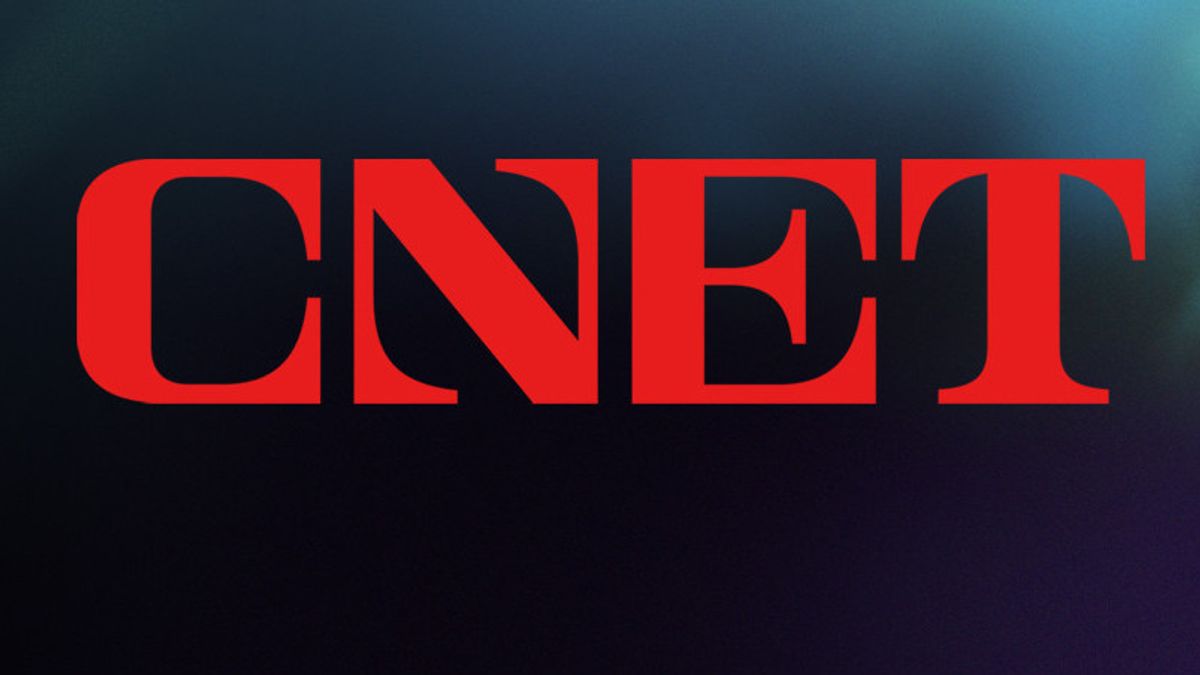JAKARTA - CNET issued corrections to 41 out of 77 news published by outlets written using AI (artificial intelligence) tools. In a note published Thursday, January 26, CNET editor-in-chief Connie Guglielmo defended the use of AI writing tools but said an internal review of the story found numerous errors in the article at the center of the controversy.
Articles with corrections include the one entitled "What Is Compound Interest?", "How Many Should You Keep on a CD?", "Do Home Equity Loans Affect Private Mortgage Insurance?" and dozens of others.
Some articles, like this one, have a correction note that reads, "We've replaced a phrase that's not entirely original," indicating that some of their language may have been plagiarized.
Earlier this month, Futurism broke the news that CNET had been quietly publishing AI-written articles for months without garnering much public attention or making any official announcements.
In a follow-up story, the outlet noted multiple errors in a CNET article on compound interest, which ultimately resulted in a lengthy correction. Following the error, a disclaimer appeared at the top of all stories written by AI. “We are currently reviewing the accuracy of this story. If we find an error, we will update and issue a correction," said CNET, quoted by The Verge.
Last week, The Verge also reported that automated tools have been used at CNET for longer than robotic article writers and that staff sometimes have no idea whether content is written by machines or human colleagues.
AI-written articles are designed to toy with Google search with SEO-friendly keywords so that profitable affiliate ads can land on the front page. CNET's parent company, Red Ventures, which also owns publications like Bankrate, The Points Guy, and CreditCards.com, benefits every time a reader signs up for a credit card from one of the highly trafficked articles.
VOIR éGALEMENT:
After weeks of arguing about CNET's disclosure policy around AI tools, Red Ventures and CNET leadership notified staff in a meeting on Friday, January 20 that the company is pausing AI-generated content on all websites. However, the glitch doesn't seem to stop CNET's use of AI tools.
“Expect CNET to continue exploring and testing how AI can be used to assist our teams as they conduct work testing, research and develop unbiased advice and fact-based reporting that we know about,” Guglielmo wrote in his memo today.
“The process may not always be easy or fun, but we will continue to implement it – and any new technology we believe makes life better,” he said.
The English, Chinese, Japanese, Arabic, and French versions are automatically generated by the AI. So there may still be inaccuracies in translating, please always see Indonesian as our main language. (system supported by DigitalSiber.id)


















